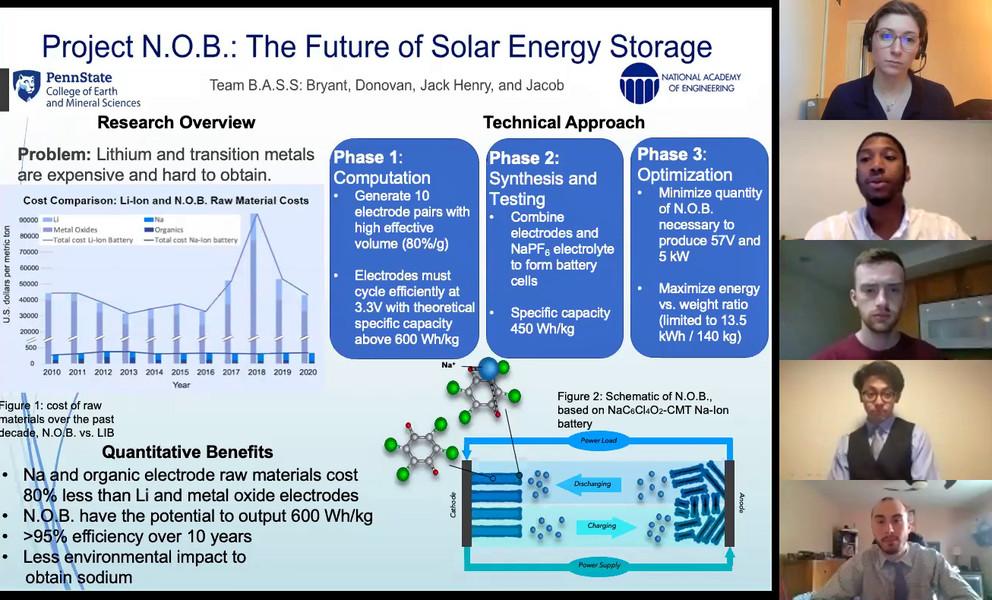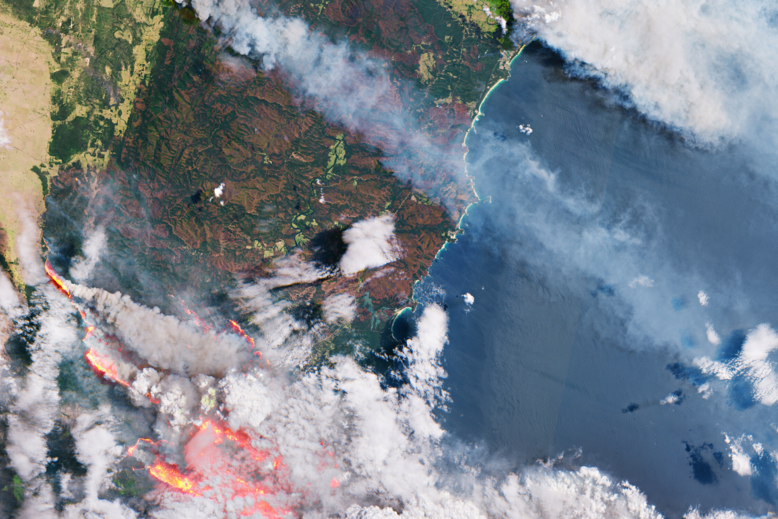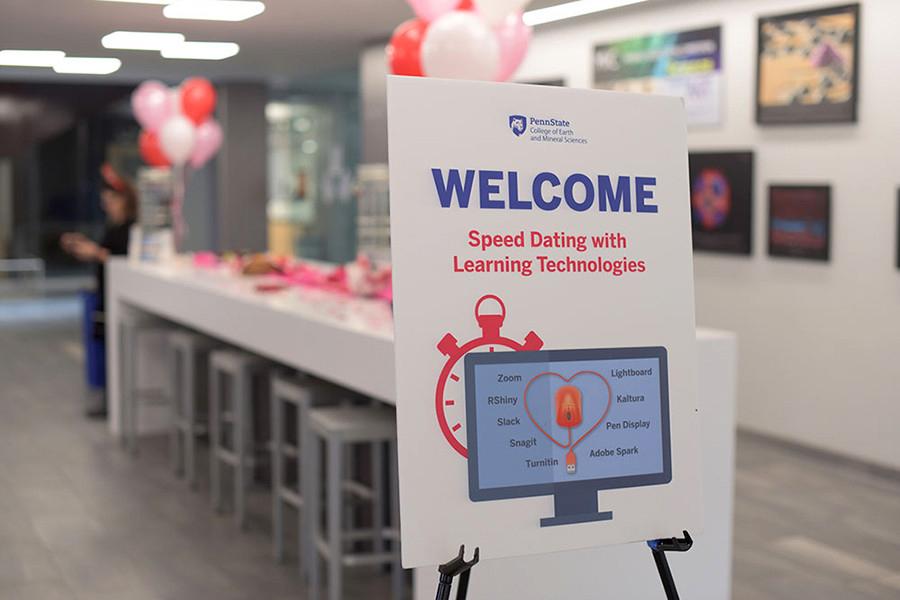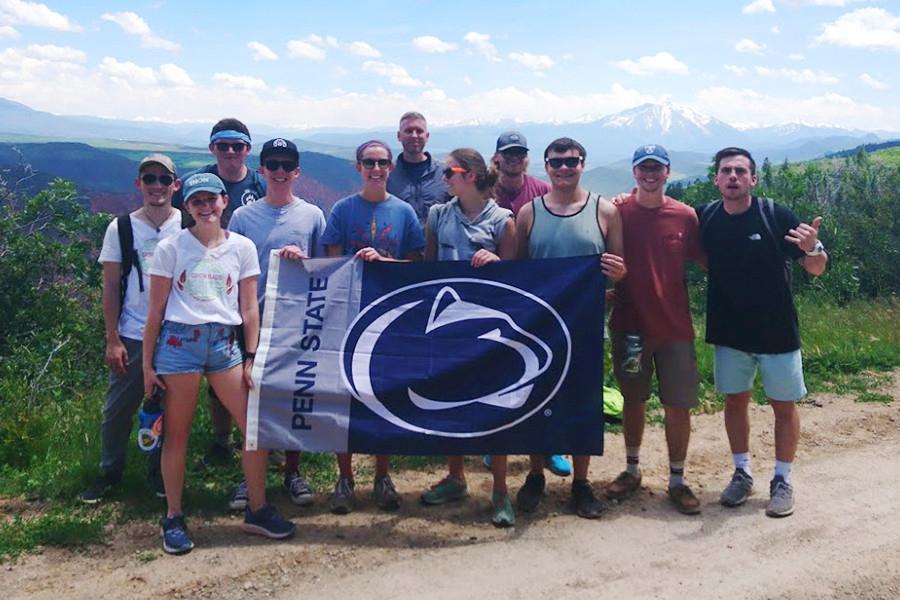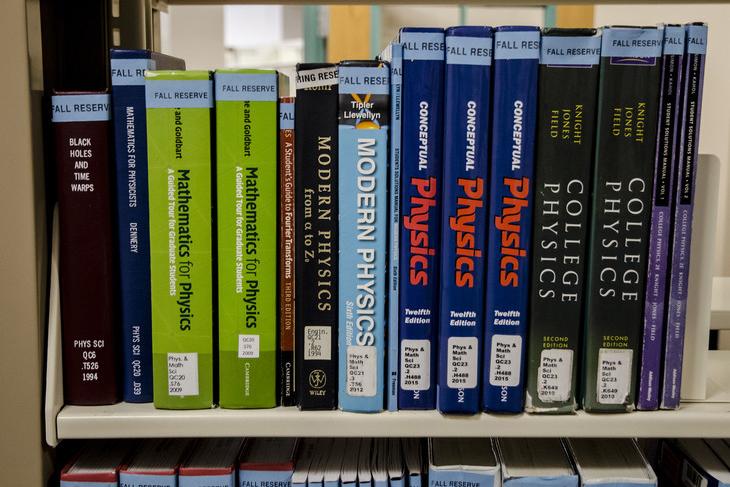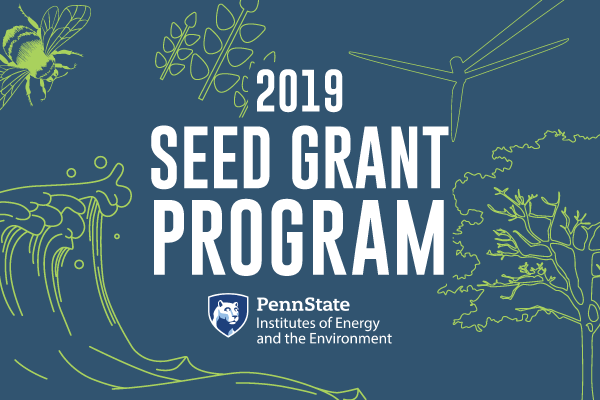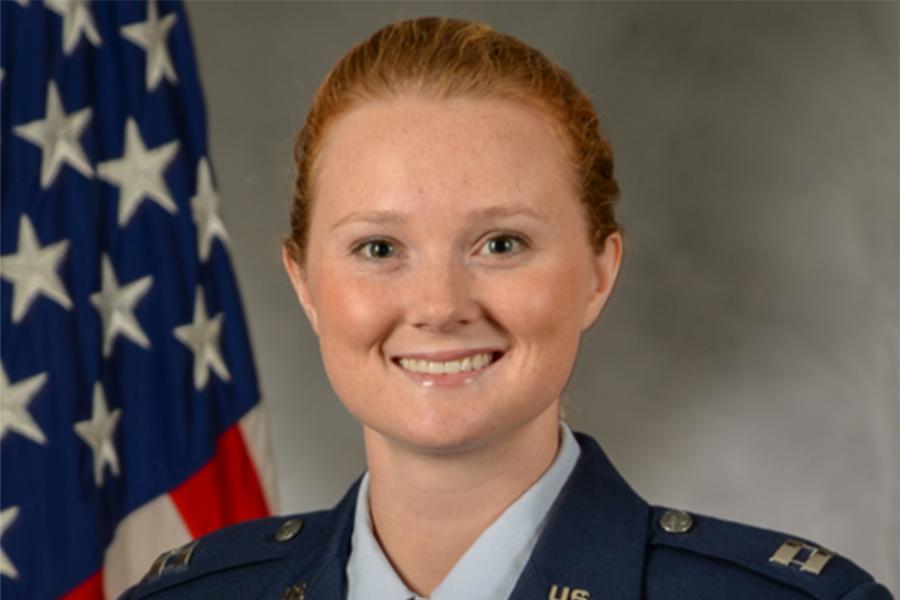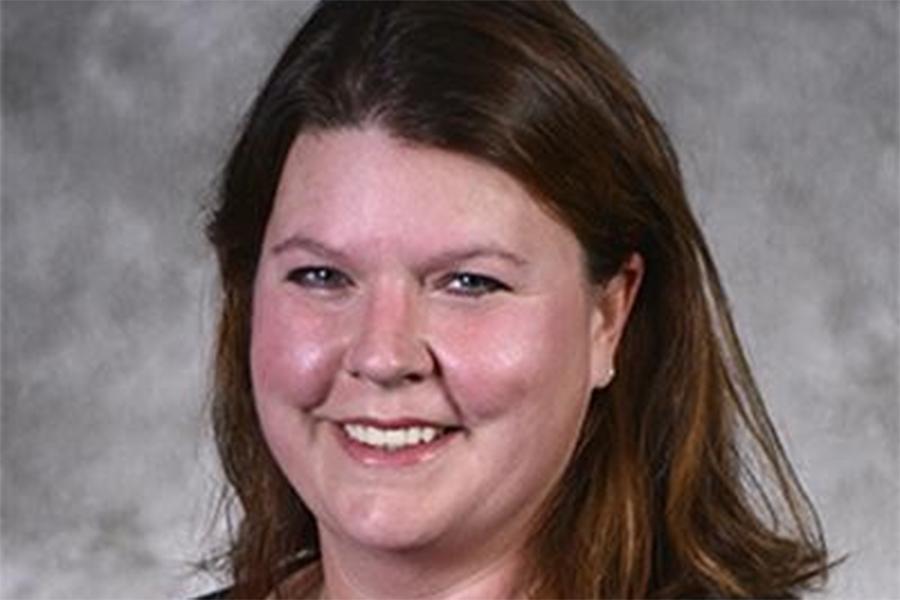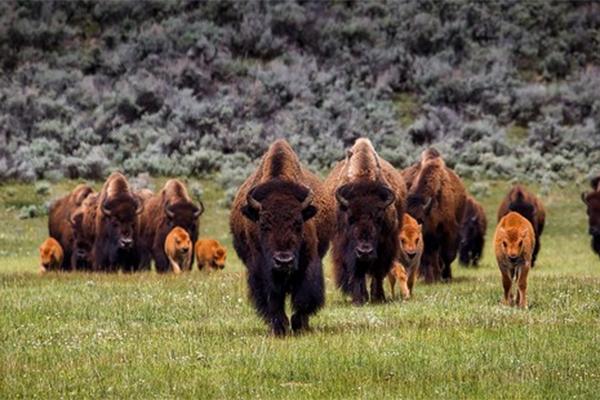As the college’s learning design unit, the John A. Dutton e-Education Institute works in close partnership with the College of Earth and Mineral Sciences' five academic departments to design, develop, and manage the college's online certificate and degree programs, as well as to support the college's faculty in the delivery of resident instruction offerings.
The college serves as a leader in distance teaching and learning at Penn State. To date, our college boasts 19 certificate and degree programs online and more than 130 online courses. We have been able to extend the reach of a high-quality, rigorous, and research-based Penn State education to more than 5,900 undergraduates and more than 1,250 working adult professionals around the globe.
Embodying the Best Practices in e-Education
The Institute's experienced team of learning designers and multimedia and web-based technology specialists partner with the college's faculty to cultivate the college’s capacity to create online courses and programs that embody the best practices of e-Education. Each general phase of our learning design process—analysis, design, development, implementation, and evaluation—is informed by tested pedagogical and androgogical learning theories and practices.
Learn more
To learn more about the institute, please visit the John A. Dutton Institute for Teaching and Learning Excellence website.
John A. Dutton Institute for Teaching and Learning Excellence News
Penn State's College of Earth and Mineral Sciences recognized exceptional students and faculty for their academic excellence, service and leadership during its annual Wilson Awards Presentation.
It was late spring and Annie Taylor was beginning to wonder if she would ever get to see the results of her team’s work come to life.
As Hurricane Dorian made landfall on Grand Bahama Island in 2019 and bushfires engulfed Australia in 2020, emergency teams were busy creating plans to best respond and provide relief to those affected by the disasters.
The John A. Dutton e-Education Institute’s first “Speed Dating with Learning Technologies” event for College of Earth and Mineral Sciences instructors, held on Feb. 13, was a success.
They attend Penn State from many different locations, but that didn’t stop a diverse group of students from joining together to tackle sustainability challenges.
Strategic efforts by Penn State University Libraries faculty and staff over the past three years to lower or eliminate the cost of textbooks and other course materials has paid off — nearly 20 times over — in potential savings for Penn State students.
The Institutes of Energy and the Environment (IEE) announced the availability of seed grant funds intended to foster basic and applied interdisciplinary energy and environmental research.
Katherine Meckler, a captain in the United States Air Force, is working toward a master’s degree in geographic information systems.
Five faculty, including Beth King, were added to the Faculty Academy program through the Student Engagement Network at Penn State.
Penn State World Campus graduate students in the Rural/Regional Geodesign Challenges studio course were asked to apply their knowledge to help develop a large-scale recovery, restoration and sustainability plan for one of the most iconic and revered sites in the United States, Yellowstone National Park.




